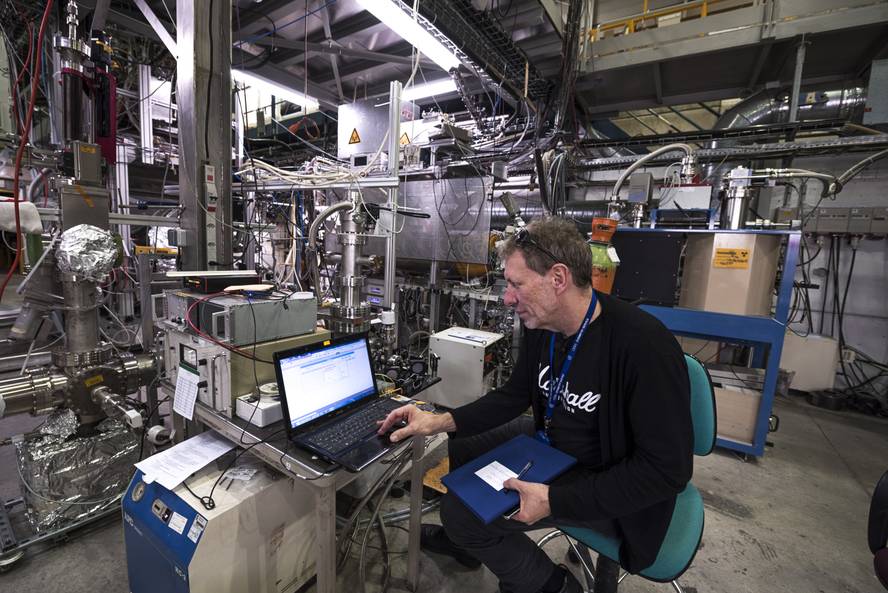Confirm the symmetry between matter and antimatery
CERN scientists have managed to accurately measure a theoretically predicted physical property of antihydrogen, and have discovered that this property is equivalent to conventional hydrogen. This has highlighted the symmetries between matter and antimatery, according to scientists. Researchers of the ALPHA experiment have released the discovery in the journal Nature.
Specifically, the difference between two energy levels located in an antihydrogen atom has been measured, a phenomenon known in quantum electrodynamics as a Lamb effect. This detectable difference in hydrogen has also been shown in antihydrogen.
Scientists have spent time trying to find differences between common matter and antimatery in the hope that this path will respond to one of the great mysteries of current physics. In fact, theoretical models foresee that in the Bing Bang matter and antimatery arose in similar amounts, but today the common matter in the universe is much more abundant than antimatery. Given the high asymmetry between both types of matter, when the world of subatomic particles has been used to explain this difference, so far researchers have found only symmetries. Thus, in January 2016 it was demonstrated that antihydrogen has a neutral charge, similar to that of hydrogen. Even when in December of that same year they obtained the spectrum of an antihydrogen atom, they could verify that it has the same hydrogen spectrum.






